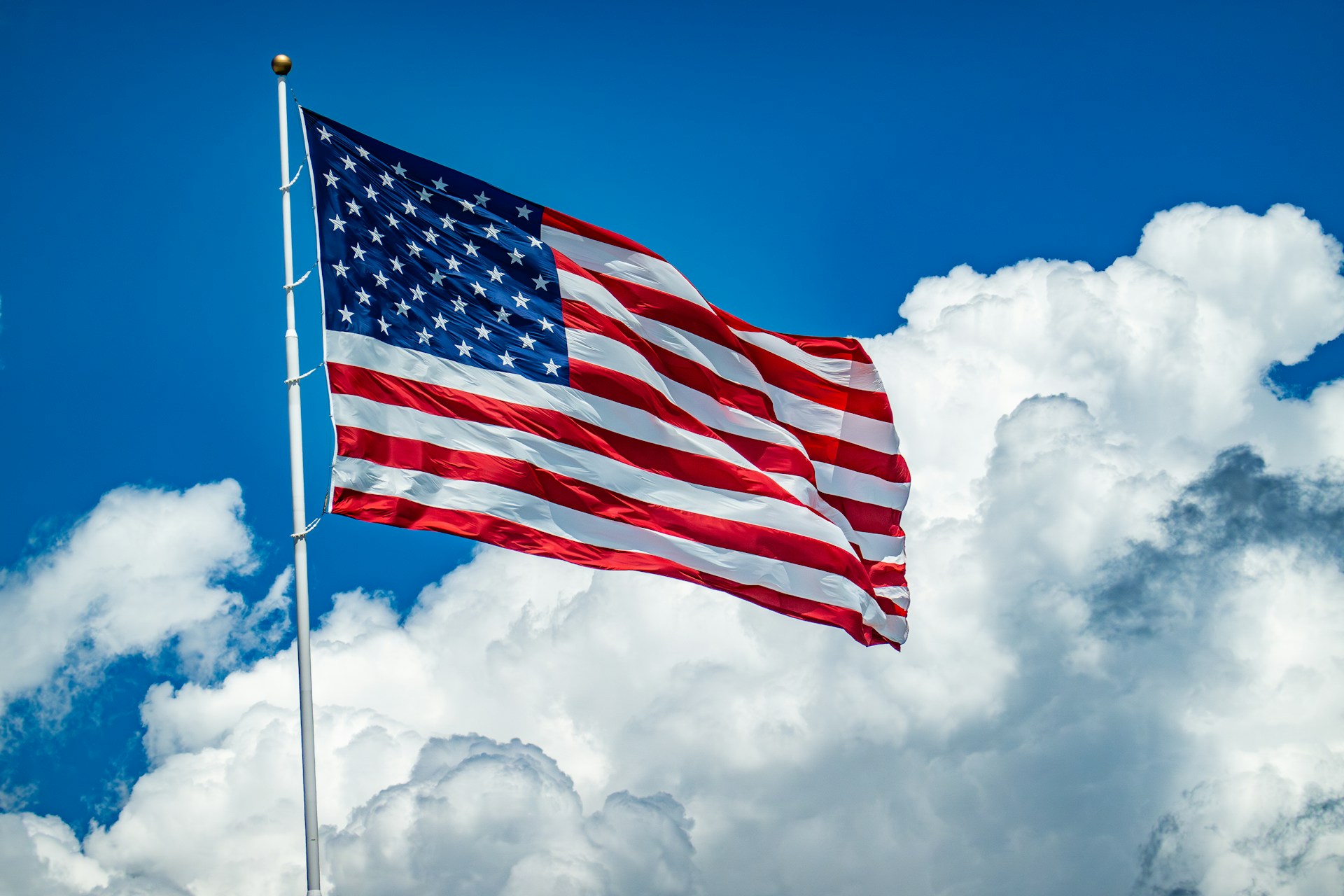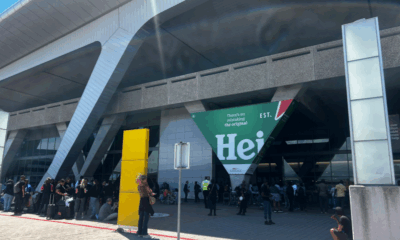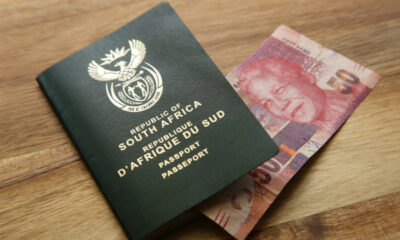News
Why Some African Countries Are Quietly Accepting US Deportees – And What They’re Getting In Return

A Silent Shift In Global Migration Politics Is Unfolding: And Africa Is At The Centre Of It
In a world where migration has become a flashpoint for politics, a new kind of deal is quietly reshaping international alliances. While headlines often focus on people trying to get to the United States, a quieter story is playing out in reverse: the US is sending people back not always to their countries of origin and some African nations are saying yes.
But why?
From Baltimore To Kampala: One Man’s Deportation Tells A Bigger Story
Take the case of Kilmar Armando Abrego Garcia, a Salvadoran migrant and longtime US resident. In March, he was wrongly deported to El Salvador where he says he was tortured in prison before being returned to the US. Now, the Trump administration wants to send him to Uganda, a country he has no ties to.
Uganda’s government hasn’t said much. But observers are raising eyebrows. The East African country is one of the largest refugee hosts in the world, already home to over a million displaced people. It also receives hefty support from Washington including funding for its HIV/AIDS programmes and humanitarian aid.
Local opposition leader Bobi Wine (Robert Kyagulanyi) was blunt: “The government is desperate for US backing,” he told AFP. He suspects Uganda’s willingness to take in deportees could be linked to promises of aid, political cover, or both.
Deals In The Shadows: Who Else Is Saying Yes?
Uganda isn’t alone. Several countries most of them poor, aid-dependent, or politically isolated have agreed to take deportees from the US under deals that remain largely secretive.
The Countries Include:
-
Rwanda, which recently took in the first seven of 250 planned deportees
-
South Sudan, which accepted eight deportees in July only one of them a citizen
-
Eswatini, a tiny monarchy in Southern Africa, which took in five non-African deportees
-
El Salvador, which has taken hundreds, including 252 Venezuelans
What’s striking is that most deportees are not citizens of the countries receiving them. That means these governments are essentially accepting “strangers” often people with serious criminal records under special arrangements with Washington.
Aid, Sanctions And Quiet Trade-Offs
Behind these decisions lie a web of political trade-offs. In South Sudan, for instance, the US had imposed a blanket visa ban on government officials earlier this year due to the country’s refusal to take in deportees. Once it accepted them, some of those restrictions were quietly lifted.
In Eswatini, rights groups believe the government may have been offered incentives like trade deals or reduced criticism over its authoritarian rule. Activists there are already taking the government to court to challenge the legality and morality of these deals.
And then there’s Rwanda, which has already been in a similar situation before its controversial 2022 asylum deal with the UK promised hundreds of millions in development aid. That deal eventually collapsed, but the precedent was set.
Not Everyone Is Convinced
Critics see these arrangements as a form of “migration outsourcing” where richer nations offload their migration problems onto poorer ones, often without public scrutiny or legal safeguards.
“The Trump administration is targeting weaker democracies where they know there will not be any questions,” said Melusi Simelane of the Southern Africa Litigation Centre.
Meanwhile, human rights advocates are sounding the alarm about transparency, accountability and the safety of deportees. In many cases, no one not the public, not the media, not even parliament knows what these deals entail.
Is It Really About Migration Or About Politics?
At its core, this isn’t just a migration story. It’s a story about power.
Washington gets to send a message: “We are tough on immigration.” The Trump administration has already deported 1.6 million people in just 200 days, and deals like these help bolster that narrative.
But as Kathleen Bush-Joseph, a migration law expert, points out, this isn’t about numbers. “This is more about messaging and deterrence,” she says. “It’s trying to get people to self-deport and trying to deter people from coming to the US-Mexico border.”
For the receiving countries, it’s often about leverage: getting sanctions lifted, securing aid, or earning favour with a powerful ally even if it means absorbing someone else’s problem.
Public Reaction And Growing Pushback
On social media, the reaction has been mixed especially among Africans.
Some users accuse their governments of “selling out their sovereignty” for aid money. Others point to the hypocrisy of leaders who speak loudly about Pan-Africanism while quietly accepting people deported from a country that has historically backed regime change in Africa.
In Uganda, several X users voiced frustration at the lack of transparency, with one post reading:
“We already host over a million refugees. Why are we importing deportees from America? Who benefits from this?”
Activists in Eswatini and South Sudan have taken legal steps to challenge these deals, but with few formal announcements or publicly available agreements, the fight is uphill.
What Does This Mean For The Future?
While the number of people affected is small compared to global migration flows, these deals signal a worrying precedent: the idea that migration can be negotiated like a trade deal, often with little to no public input.
It also raises deeper questions:
-
What responsibility do countries have to accept deportees especially those who are not their citizens?
-
Is it ethical for rich countries to strike quiet deals with poorer ones in exchange for political or economic favours?
-
And what happens to the people caught in the middle deported, displaced, and often invisible?
As these secretive deportation pacts quietly expand, they are reshaping the politics of migration in ways that deserve far more scrutiny not just in Washington, but in Kampala, Kigali, Mbabane and beyond.
Source: IOL
Follow Joburg ETC on Facebook, Twitter , TikTok and Instagram
For more News in Johannesburg, visit joburgetc.com



























